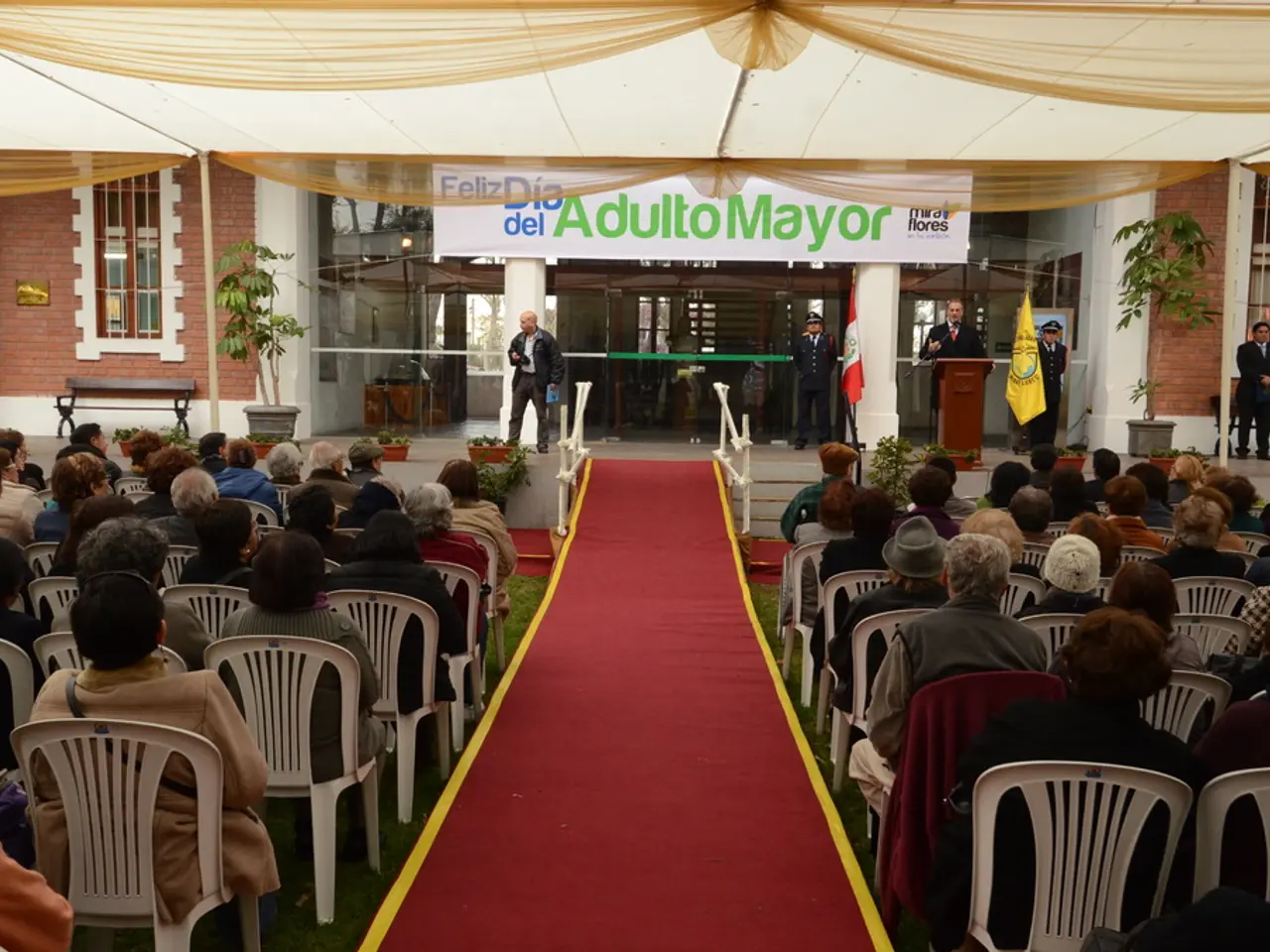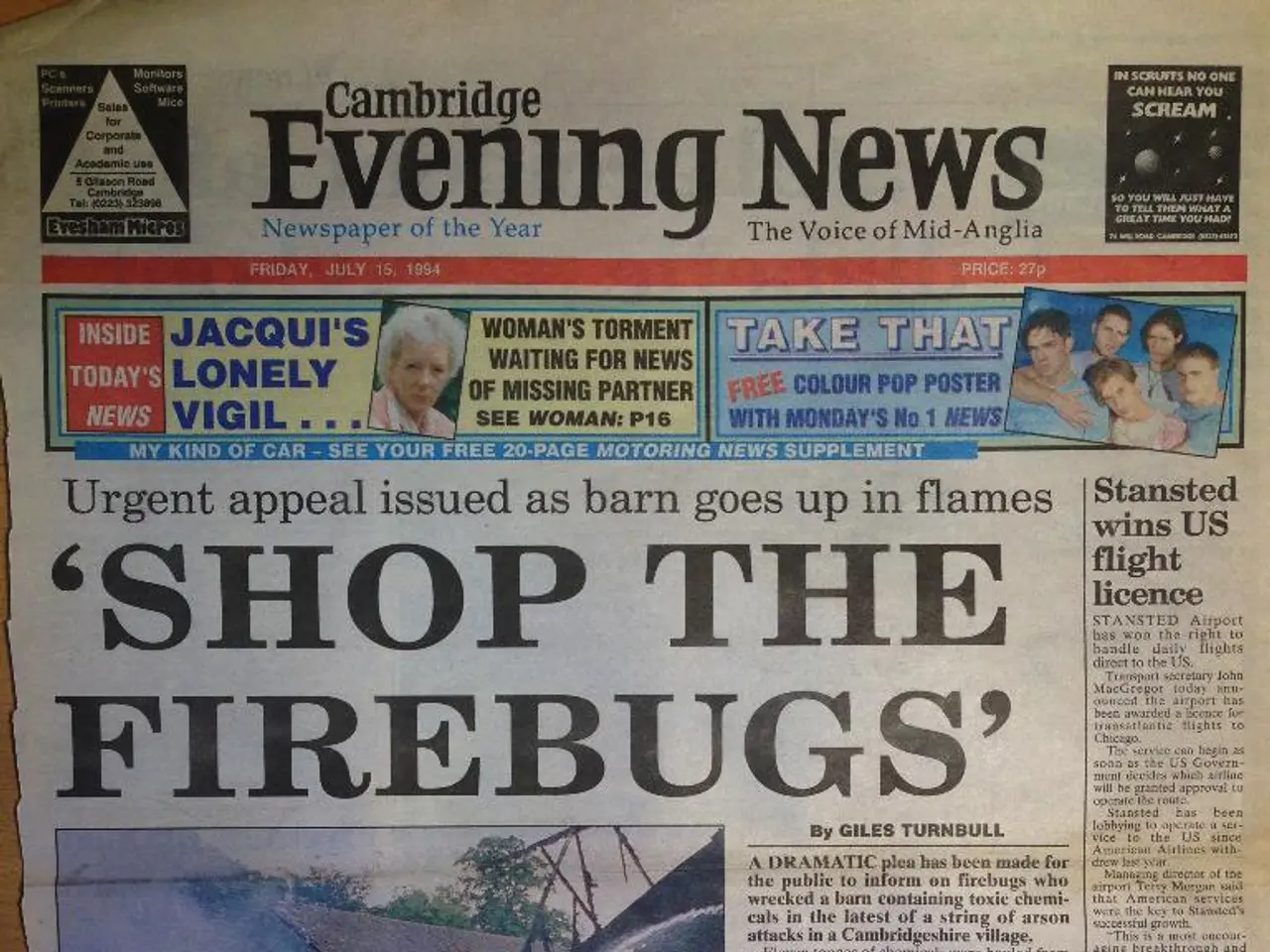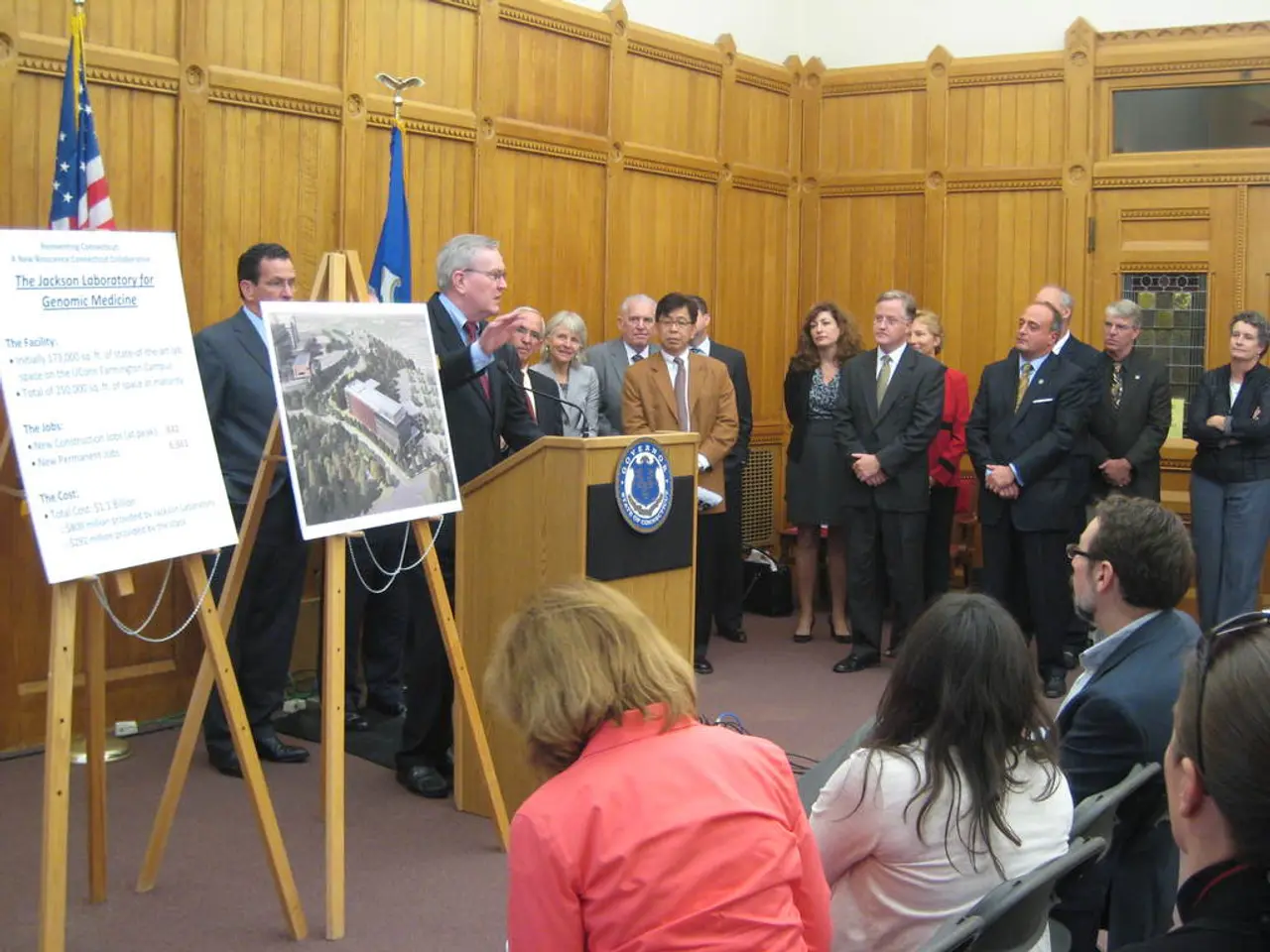Movie showcase of WASTED in Kuala Lumpur
In the global battle against plastic pollution, the United Nations (UN) negotiations for a comprehensive treaty in 2024 took centre stage. The ambitious treaty, as depicted in the film *WASTED*, aims to tackle the full lifecycle of plastic pollution through a legally binding international agreement.
The treaty discussions covered a wide range of issues, including global production caps, chemical regulation, product bans and design standards, financial mechanisms, just transition, and a comprehensive lifecycle approach.
A significant debate surrounds the idea of setting a ceiling on virgin plastic production. Over half of the countries, representing nearly 100 nations from both developed and developing worlds, advocate for ambitious production cuts to align with scientific recommendations and public demand for sustainability. However, major fossil-fuel and petrochemical producing countries, such as the US, Saudi Arabia, Russia, and India, oppose production limits, favouring solutions that reduce pollution without curbing plastic production itself.
The treaty also aims to address hazardous additives like PFAS and microplastics through new compliance standards and mandatory transparency across the plastic value chain. Proposals include global bans on the most harmful and avoidable plastic products, along with requirements that remaining plastics be reusable and recyclable to minimise waste.
The treaty seeks to support developing countries with financial and technical assistance. It also advocates for Extended Producer Responsibility (EPR) schemes and plastic taxes to incentivise waste reduction and proper management. There is recognition of the need to ensure equitable shifts towards a plastic-free future, protecting vulnerable communities and workers, particularly in the Global South, as part of the treaty’s social framework.
Despite shared commitment, negotiations stalled during 2024, particularly over production caps and financial support. The treaty negotiations resumed in 2025 with hopes to finalise a text that balances environmental ambition with economic and social considerations.
Meanwhile, the film *WASTED* combines cinematic visuals and personal narratives to discuss waste, human health, and the climate crisis. A screening of *WASTED* is followed by an expert-led dialogue, featuring industry voices and community leaders, to explore policy gaps, infrastructure challenges, and immediate actions to strengthen Malaysia's waste management systems.
The film raises critical questions about missed opportunities to address the waste issue and offers alternatives. It provides a perspective on Asia's rising waste problem, underscoring the urgency to agree on enforceable measures that encompass production limits, chemical safety, product design, and financial equity. The spirit of multilateralism and compromise remains strong among most parties, aiming to deliver a legally binding instrument to end plastic pollution and protect future generations.
For those looking to share their news, events, jobs, and thought leadership with the right audience, publishing content with EB Publishing offers an opportunity to contribute to this global conversation.
- The United Nations treaty on plastic pollution, as depicted in the film WASTED, aims to tackle climate-change issues through a legally binding international agreement, including global production caps, chemical regulation, product bans, design standards, and comprehensive lifecycle approach.
- In the treaty negotiations, a significant debate revolves around setting a production ceiling for virgin plastic, with over half of the countries advocating for ambitious production cuts to align with scientific recommendations and public demand, while major fossil-fuel and petrochemical producing countries oppose such limits.
- The treaty also proposes addressing hazardous additives like PFAS and microplastics through new compliance standards and mandatory transparency across the plastic value chain, including global bans on harmful plastic products and requirements for reusable and recyclable plastics to minimise waste.







